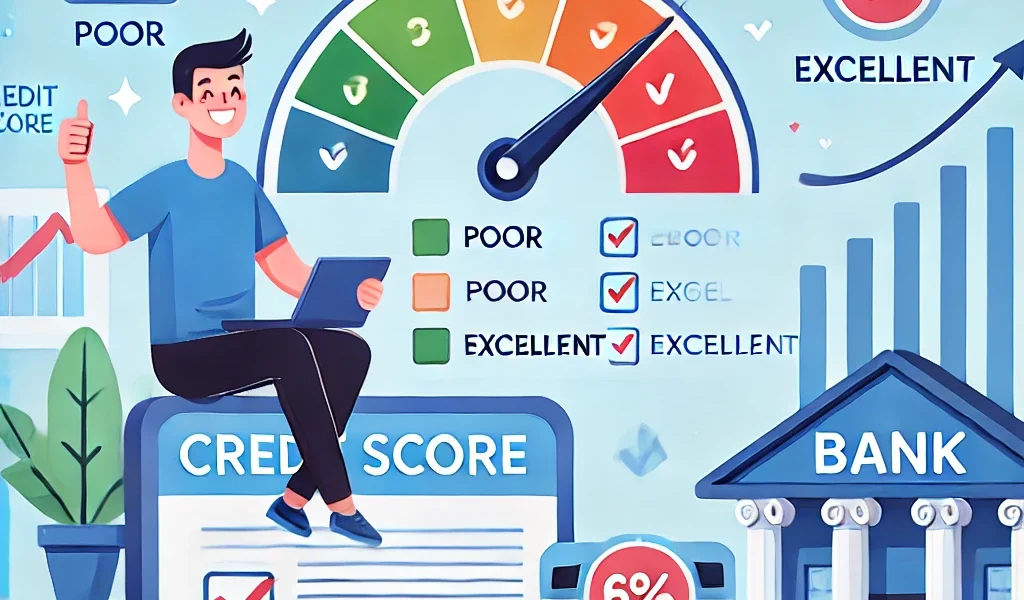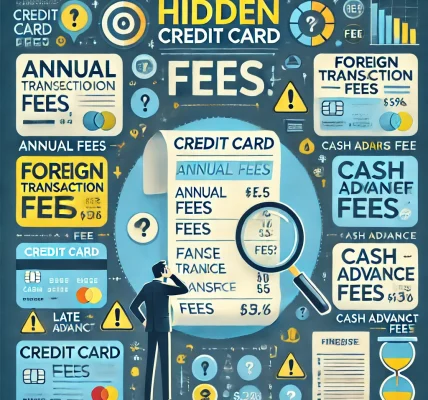A good credit score is a key factor in obtaining financial stability, as it determines your ability to secure loans, mortgages, and credit cards with favorable terms. Understanding what constitutes a good credit score and how to improve it can help you achieve financial freedom. This guide will provide in-depth insights into credit scores and strategies to boost them.
Understanding Credit Scores
Credit scores are numerical representations of your creditworthiness, typically ranging from 300 to 850. The higher the score, the more likely lenders are to approve your credit applications with lower interest rates.
Credit Score Ranges
Credit scores are generally categorized into different ranges:
- 300-579 (Poor) – Difficult to obtain credit; high-interest rates if approved.
- 580-669 (Fair) – Limited access to credit with higher interest rates.
- 670-739 (Good) – Considered reliable by lenders; access to favorable credit terms.
- 740-799 (Very Good) – Excellent creditworthiness; better interest rates and approvals.
- 800-850 (Exceptional) – Top-tier credit; access to the best financial products and low rates.
Why is a Good Credit Score Important?
A good credit score offers numerous financial advantages, including:
- Lower Interest Rates – Borrowing costs decrease with a higher score.
- Easier Loan and Credit Card Approvals – More likely to qualify for financing.
- Higher Credit Limits – Lenders trust you with larger credit lines.
- Better Rental and Employment Opportunities – Some landlords and employers check credit scores.
- Lower Insurance Premiums – Insurance companies may offer better rates.
Factors Affecting Your Credit Score
Your credit score is determined by several factors, each carrying a different weight:
- Payment History (35%)
- Timely payments positively impact your score.
- Late or missed payments negatively affect your creditworthiness.
- Credit Utilization (30%)
- Keeping credit card balances low improves your score.
- Ideally, use less than 30% of your available credit limit.
- Length of Credit History (15%)
- The longer your credit history, the better your score.
- Keeping old accounts open helps maintain a good history.
- Credit Mix (10%)
- A diverse mix of credit (credit cards, auto loans, mortgages) boosts your score.
- Having only one type of credit may limit your score’s potential.
- New Credit Inquiries (10%)
- Too many hard inquiries (loan applications) lower your score temporarily.
- Soft inquiries (checking your own score) do not impact credit.
How to Achieve a Good Credit Score
If you want to build or improve your credit score, follow these proven strategies:
1. Make Payments on Time
- Set up automatic payments or reminders to avoid late payments.
- Even one missed payment can significantly impact your score.
2. Keep Credit Card Balances Low
- Aim to use less than 30% of your credit limit.
- Paying off balances in full each month is ideal.
3. Maintain a Long Credit History
- Keep older accounts open to maintain a strong credit history.
- Avoid closing credit cards unless necessary.
4. Diversify Your Credit Mix
- If possible, maintain a mix of different types of credit accounts.
- Responsible management of installment and revolving credit helps.
5. Limit Hard Inquiries
- Avoid applying for multiple credit accounts within a short period.
- Check your credit score before applying for new credit.
6. Dispute Credit Report Errors
- Regularly check your credit report for mistakes.
- Report errors to credit bureaus to ensure accurate scoring.
How Long Does It Take to Improve Your Credit Score?
Improving a credit score takes time and discipline. Here’s a general timeline:
- Short-Term (1-3 months): Paying down credit balances and making on-time payments can show immediate improvements.
- Medium-Term (6-12 months): Consistently managing credit responsibly improves your score.
- Long-Term (1-5 years): Maintaining excellent financial habits leads to a strong credit profile.
Conclusion
A good credit score is an essential tool for financial success. By understanding how credit scores work and implementing responsible financial habits, you can achieve and maintain a high credit score. Whether you’re just starting or looking to improve your current score, consistent efforts will yield positive results over time.




